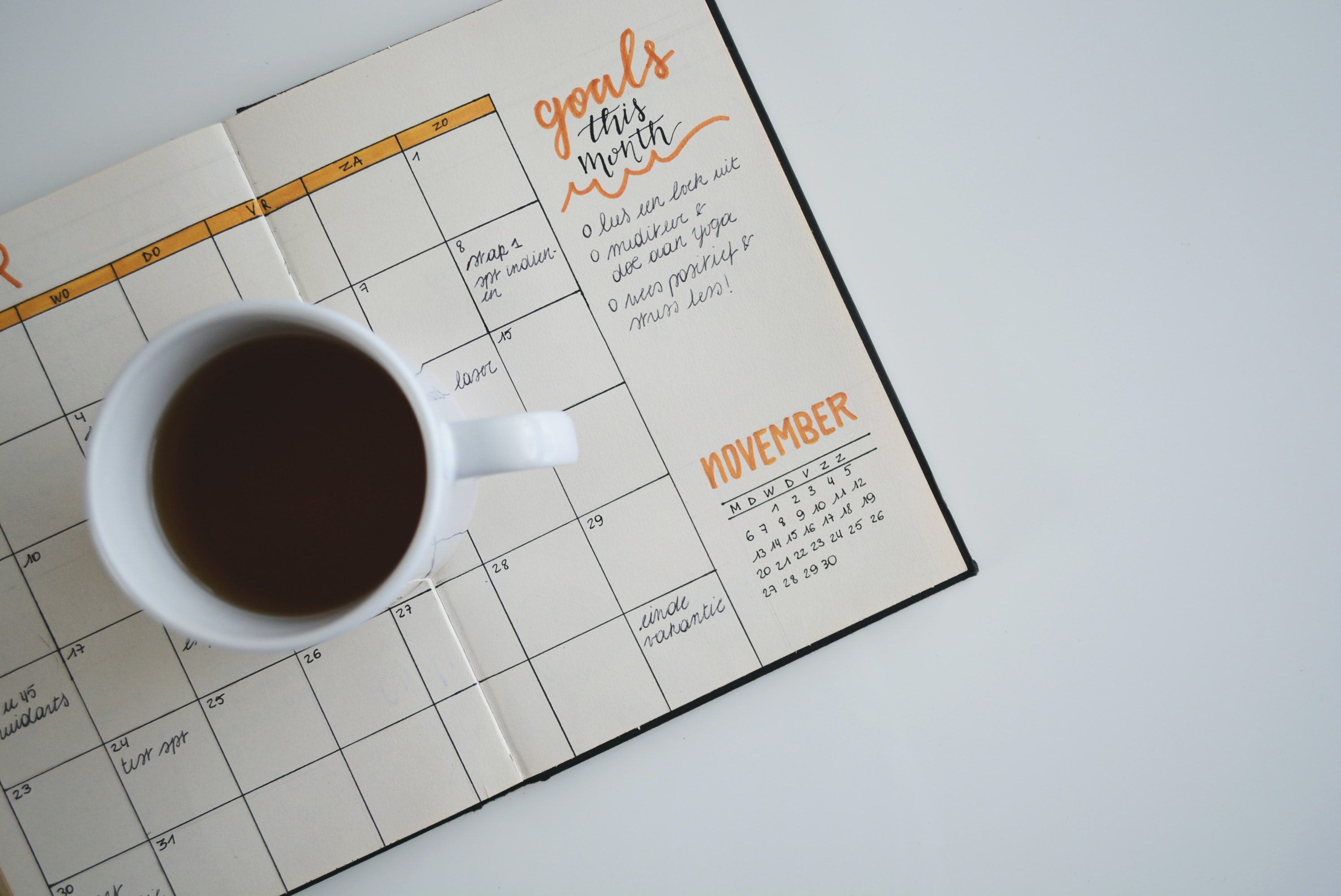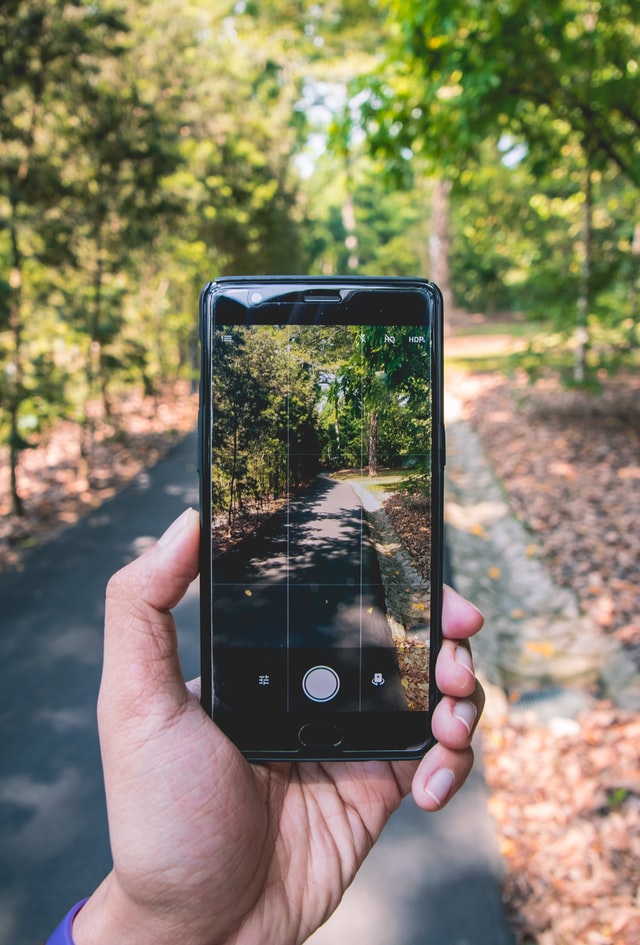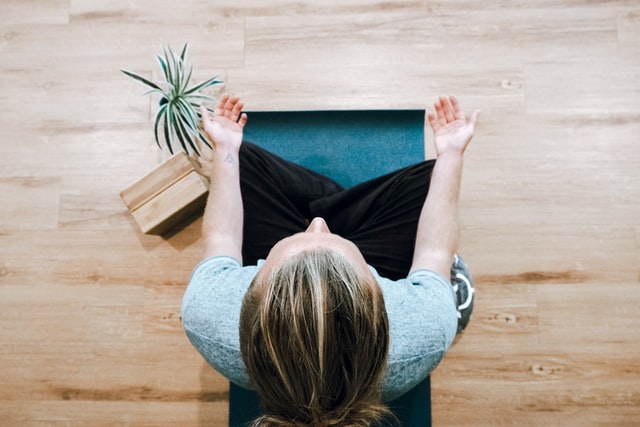From harmful habits to wishful thinking, certain financial decisions can cost you a fortune. There is an endless list of things you should avoid doing with your hard-earned money. Here are eight things you should steer clear of:
#1: BUYING ITEMS FOR THE SAKE OF ITS NAME
I have to admit, I am guilty of buying products based solely on their brand names. Let’s face it: stores and generic brands are frequently disregarded when it comes to cost savings. Whether it’s food, skincare products, or over-the-counter medicine, your local grocery or drug store typically provides more affordable store brands or generic alternatives.
Pay attention to the labels, as the ingredients are often identical to those found in expensive brand-name products. Furthermore, when it comes to prescriptions, consider asking your pharmacist for the generic version. These medications work just as effectively as their brand-name counterparts and can save you a significant amount of money.
#2: PAYING LATE FEES
Do you know what quickly adds up and drains your finances? Paying for late fees. Whether it’s a late payment on your credit card, utility bill, or rent, these fees are best avoided. Set up automatic payments for all your bills to ensure that you never miss a payment again. This way, you won’t have to worry about forgetting to pay a bill on time.
If you do find yourself with a late fee, try calling the company and politely ask for it to be waived. Many companies are willing to accommodate their loyal customers by waiving late fees.
#3: PURCHASING PETROL STATION SNACKS
The occasional purchase of snacks at petrol stations may seem harmless, but it can quickly become a habit that drains your money. Those bottles of soda and bags of chips you pick up when filling up your tank or making a quick stop can add up over time. To manage this, create a rule for yourself to track all those small snack purchases, and set aside a small monthly allowance specifically for indulging in them. When running errands or encountering tempting locations filled with snacks, make it a habit to bring your own drinks and snacks.

Image Credits: unsplash.com
#4: RENTING A BIGGER OFFICE SPACE
The COVID-19 pandemic has highlighted the viability of working from home, resulting in excess office space and rising occupancy costs for businesses. Instead of maintaining large office spaces that cater to the entire workforce, it is worth considering the utilization of co-working spaces and digital collaboration tools. Singapore offers a variety of co-working spaces, including Crane, Workbuddy, and Gather Cowork, with multiple branches nationwide. By adopting this approach, you can continue working efficiently while significantly reducing expenses.
#5: CO-SIGNING A LOAN
Never co-sign a loan you can’t afford! Financial blogger Michelle Schroeder-Gardner strongly advises against co-signing a loan for someone unless you have the financial capacity to fully repay it yourself. There is always a risk that the other person may be unable to make the payments, which makes it crucial for you to protect yourself and your finances.
#6: DONATING OVER THE PHONE
I remember when a friend of mine shared a story about getting scammed over the phone. It happened right after she had finished a night shift, and she was feeling groggy and vulnerable. Phone solicitations can often involve legitimate fundraising efforts, but they also create an opportunity for scammers to exploit the goodwill of unsuspecting donors. To ensure your safety, never disclose your credit card number over the phone. Instead, request the solicitor to send you the information by mail. This way, you can thoroughly research the organization and verify its legitimacy before making any contributions.
#7: OVERSPENDING ON LOTTERY TICKETS
Did you know that tourists can play TOTO in Singapore? If you have a valid Foreign Identification Number (FIN) and meet all the prerequisites, you can play TOTO as a tourist. However, if you are solely a foreign passport holder, you will only be able to select and bet on Horse Racing. This can potentially lead to overspending on lottery tickets for foreigners. Keep in mind that the odds of winning the lottery are incredibly slim, with your chances of hitting the jackpot being roughly 1 in 292 million.
Despite the unfavorable odds, many people still spend a significant amount of money each month on lottery tickets. Instead of consistently allocating your funds to this improbable endeavor, it would be wise to redirect that money towards savings or your retirement plan. Investing in your long-term financial success through savings or retirement planning is a more prudent use of your resources.
#8: BUYING COFFEE CUPS
Some establishments take into account the cost of disposable cups when pricing their beverages. However, by opting for a reusable to-go cup, you can often enjoy a “discount” because you won’t be charged extra for the paper or coffee cup.

Image Credits: unsplash.com











